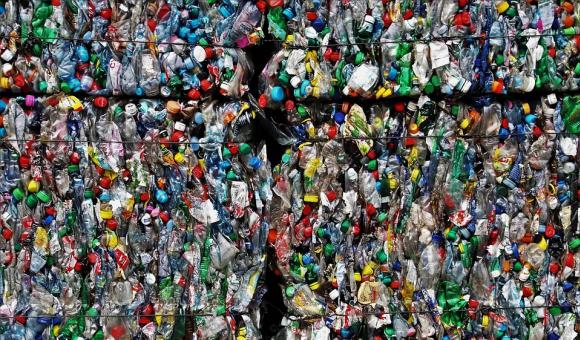
In Belgium alone, more than 200,000 tonnes of plastic waste are collected each year via selective sorting (PMC bags); Wallonia therefore intends to inject 60 million euros into the creation of a sector specialised in plastic recycling alongside an industrial player, in the form of a partnership between the public and private sectors. Wallonia aims to become a sector leader. The initiative fits perfectly with current youth climate demonstrations, as well as European movements towards stricter regulations on the use of plastics.
The observation highlighted in the policy note examined by the government states that, "European industries have been overwhelmed and saturated by plastic waste since China closed its borders to several categories of solid waste." The Walloon government must therefore agree on a call for projects to create a sector with 60 million euros from the Region, on the principle of "one private euro will attract one public euro". "Wallonia is ahead of many other regions in Europe in sorting plastic waste," says Walloon MR Minister of the Economy, Pierre-Yves Jeholet. We want to create a complete industrial sector for plastic recycling and give structure to the recycling industry. And why not say that in the long run, we would like to process all the plastic in our area."
The Société régionale d'Investissement de Wallonie (SRIW) will therefore have to select the various projects to be put forward to the government. The total potential to be injected into the sector is 120 million euros and both major industrial projects (sorting, recovery, processing, etc.) and niche projects for SMEs are welcome. According to Pierre-Yves Jeholet, "there are high expectations from both manufacturers and consumers, and there is also the prospect of significant job development and the objective of concentrating as much added value as possible in Wallonia.”
Minister of Environment Carlo Di Antonio (cdH) is even considering a follow-up to this initiative, "As with plastics, Wallonia could finance other recycling projects in the form of a partnership between the public and private sectors. I'm thinking about recycling mattresses or cans." Moreover, this project is in line with current European movements towards stricter regulations on the use of plastics, by banning their incineration from 2025, for example, and may lead to the creation of various openings in Wallonia; "the role of the public authorities is not limited to a partnership with the private sector," continues Carlo Di Antonio. Upstream, we also aim to reduce the volume of single-use plastic. Downstream, we can also imagine helping to create opportunities. For example, if we decide that all public waste bins or street furniture purchased by the municipalities must be made of at least 30, 40 or 60% recycled plastic, we are creating an opportunity for recycling companies. And there are many more examples."
The green economy is already a priority in Wallonia, and environmental technologies are growing, following increased awareness of the challenges of global warming. With this project, the Walloon government is demonstrating its desire to bring about a real change in how it processes the plastic waste that pollutes our planet.
Source : Belga - L'Echo